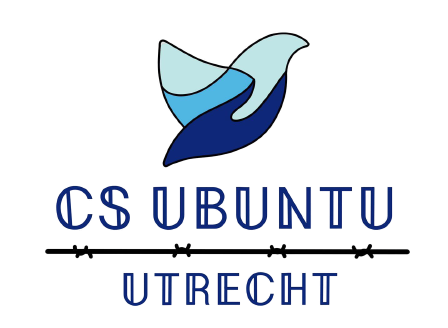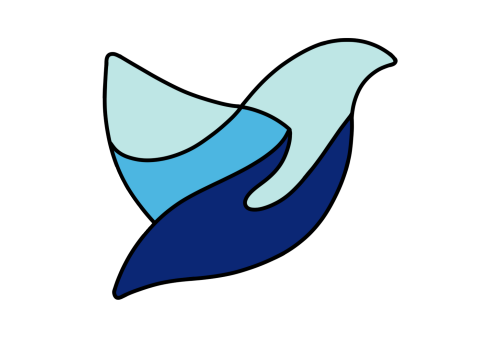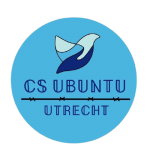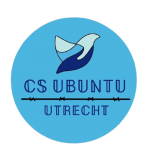The 2023 Australian Indigenous Voice Referendum
By Thomas Niederer
On October 14th of 2023, nearly 90% of Australia’s electorate showed up to cast their ballots in a referendum that was considered by both supporters and opposition to be ‘the most significant change to Australia’s democracy in its history’. The purpose of the referendum was to create a new legal body: the ‘Aboriginal and Torres Strait Islander Voice’. This body would act relatively independently on matters concerning First Nation people, and would have direct representation in parliament. Ultimately, however, parliament would remain dominant over the Voice, and have both the sole legal authority to implement legislation relating to First Nation people, and the authority to determine the Voice’s composition. Australia cast its vote, and rejected the referendum by 60%.
It can be easy to explain this disappointing result as mere racism, but the larger picture is (as it often is) a bit more complex. Now, I should point out that it is absolutely undeniable that racism did play a major role. Senator Lidia Thorpe was singled out with death threats in one horrific video by a hooded man burning an aboriginal flag, shouting various racial slurs, and topping the whole display off with a nazi salute. No, I should be very clear: racism was and is very much in play in the discourse surrounding this referendum. It isn’t the whole picture, but a very ugly part of that picture, and any piece discussing the referendum’s outcome would be wrong to ignore it.
Other parts of this picture, thankfully, are less ugly. A part of the problem with the referendum was how its position was sandwiched. The ‘yes’ position, backed by the center-left Labor party, had to contend with both criticism from a right-wing ‘no’ position and a left-wing ‘progressive no’ position, of which Lidia Thorpe was one of the main leaders and campaigners. The most important voices in this debate are of those who the referendum placed front and center; First Nation people themselves.
To start with the two ‘no’ positions, I’ll turn to Senator Jacinta Price, a member of the Country Liberal Party (a broadly conservative party from the Northern Territories) and sits with the National Party (self-described as center-right), who took on a staunch ‘no’ position. Senator Price largely led the National Party in taking a position that was distinct from the Liberal Party, the other center-right opposition party in Parliament. Some of Price’s arguments are classical right-wing, anti-government arguments: that the Voice would have been just another bureaucracy. In this, she finds some congruence with the ‘progressive no’ position. Where we can find the key difference between the ‘no’ and the ‘progressive no’ positions is in Price’s following comment: “I also don’t like the idea that we’re a separate entity to the rest of Australia.”
At the very core of the discussion among Indigenous leaders is sovereignty. Both the ‘yes’ and the ‘progressive no’ positions spent a great deal of time discussing it, and whether the Voice would be a feasible means to achieve it. What Price’s comment suggests is that there is no sovereignty to be had: First Nation people are Australian, and a separation along ethnic lines would do more harm than good. The
‘progressive no’ position would agree with this most vehemently. The Blak Sovereign Movement, a group of First Nation leaders and elders, published a statement responding to a number of points raised by the ‘no’ campaign. The most striking point they make is that “It is racist to suggest that the nation is united. We have resisted being assimilated into this nation for over 230 years”. The Voice is not just insufficient, it is a legitimization and something of a final step in the process of Australian colonization, that would finally absorb the First Nations into Australia. This highlights the starkest difference between the ‘no’ and the ‘progressive no’ positions. Senator Lidia Thorpe, Independent Senator from the state of Victoria, was and is a leading champion of the ‘progressive no’ vote. Instead of the Voice, she calls for Truth and Treaty. Truth refers to an acknowledgement that Australia is a colonizer’s nation and that the land truthfully belongs to the hundreds of First Nations that have existed there for thousands of years, and Treaty refers to a binding agreement between two politically distinct bodies.
On the other side are The Uluru Dialogue, another group of Indigenous leaders and activists, who published The Uluru Statement from the Heart in strong support of the Voice and the referendum. They too used the language of sovereignty, with a strikingly similar tone to the one used by Blak Sovereignty. On the topic of sovereignty, the Uluru Statement declares that “It has never been ceded or extinguished, and co-exists with the sovereignty of the Crown.”. Both the ‘yes’ and the ‘progressive no’ groups thus seek emancipation from colonial rule for the Indigenous peoples, but the key difference lies in how this emancipation can be achieved. The Voice, the Uluru Dialogue argued, would have been an expression of sovereignty within the country and within the constitution. This is an irreconcilable difference between the two. Can sovereignty really be obtained via an advisory body whose make-up is determined by parliament, one of the very institutions that has attempted to withhold, for over two-hundred years, the sovereignty of the First Nations? Is it a step in the right direction, or is it a final step in assimilation? Is the discussion of sovereignty, in many ways a meta-physical and spiritual one, a distraction from practical and immediate policy actions desired by Indigenous communities? These are big questions, with a myriad of answers and solutions, none of which will find their place here, but in the continued debate and discussion by and among Indigenous People.
About the author
Thomas Niederer is a second year History RMA student at Utrecht University. He specializes in the history of the natural sciences and their connection to nation building and colonialism. He has been an active member of CS Ubuntu for three years, chairing the lecture committee, study trip committee, and the association board during this time. Thomas has recently completed a recent internship at a VWO research project, “Who did all the Work” looking at indigenous influence of Dutch colonial science in the Dutch East Indies.



